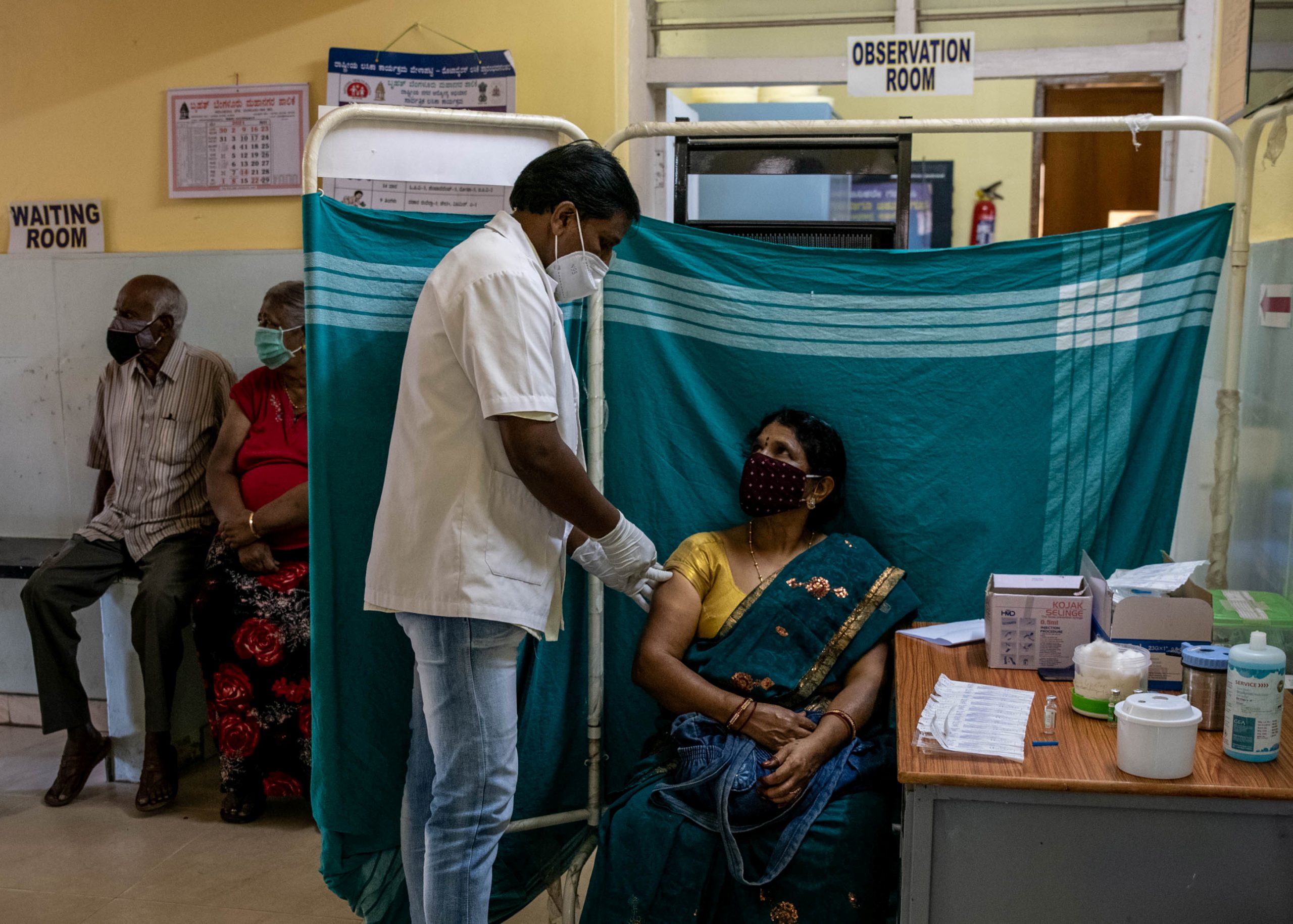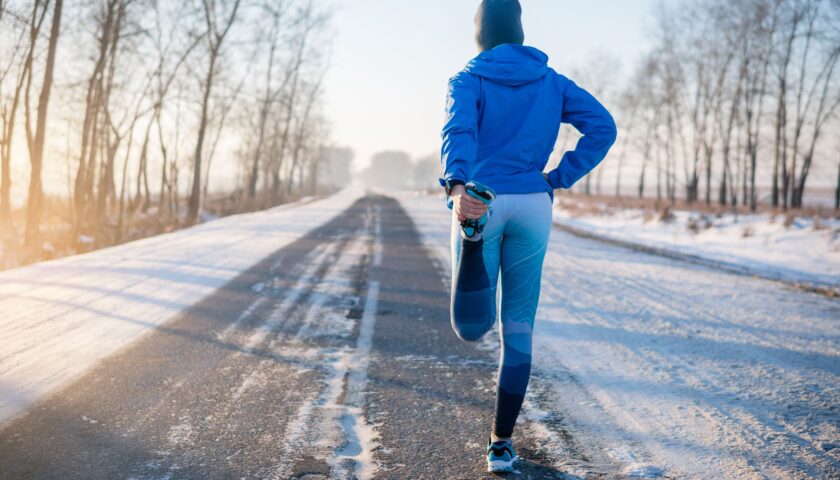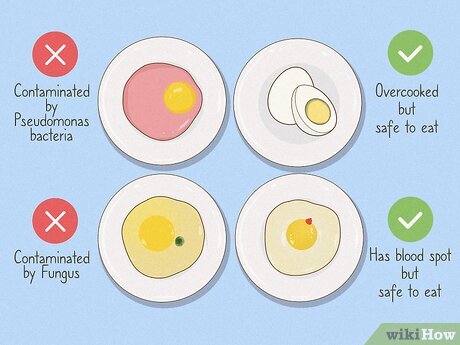As coronavirus disease cases in Jammu and Kashmir continue their downward trend, experts have asked the public to not lower their guard as it could lead to another upsurge in infections in the Union Territory.
Around 4,000 people have died in the UT since the virus outbreak in March 2020. May had proved to be deadliest month with 1,625 deaths and 1,14,382 infections.
The lockdown has played a vital role in curtailing the spread, which is being reflected in the hospitals’ reduced caseloads, says Baramulla Government Medical College senior doctor Dr Javeed Iqbal. “We are witnessing fewer cases than what was seen in April,” he said. On June 7, the daily case count of J&K dropped below 1,000. The active cases dropped to 23,524 against the peak of 52,848 recorded on May 13.
The overall recoveries reached 2,73,853, prompting the recovery rate to climb over 90% on Monday – after 49 days. SKIMS Bemina senior consultant Dr Abdul Ahad Wani says everybody needs to be extremely cautious. “We cannot lower our guard. The situation vis-à-vis Covid is tense but under control. People need to follow all precautions and not think that the virus is gone.”
“Many Covid patients continue to be hospitalised. The situation has improved and so has the need for oxygen concentrators and beds. However, the virus is very unpredictable and any leniency could cause trouble in the coming months,” said Dr Amjid Shah, adding that people should stay masked, avoid crowded places and get the jab.
Meanwhile, to determine Covid antibody prevalence, the Indian Council of Medical Research (ICMR) is conducting the fourth round of the “National sero-survey for COVID-19” later this month in the same 70 districts, in which the first three rounds were conducted. In Kashmir, the survey will be conducted at south Kashmir’s Pulwama district.




